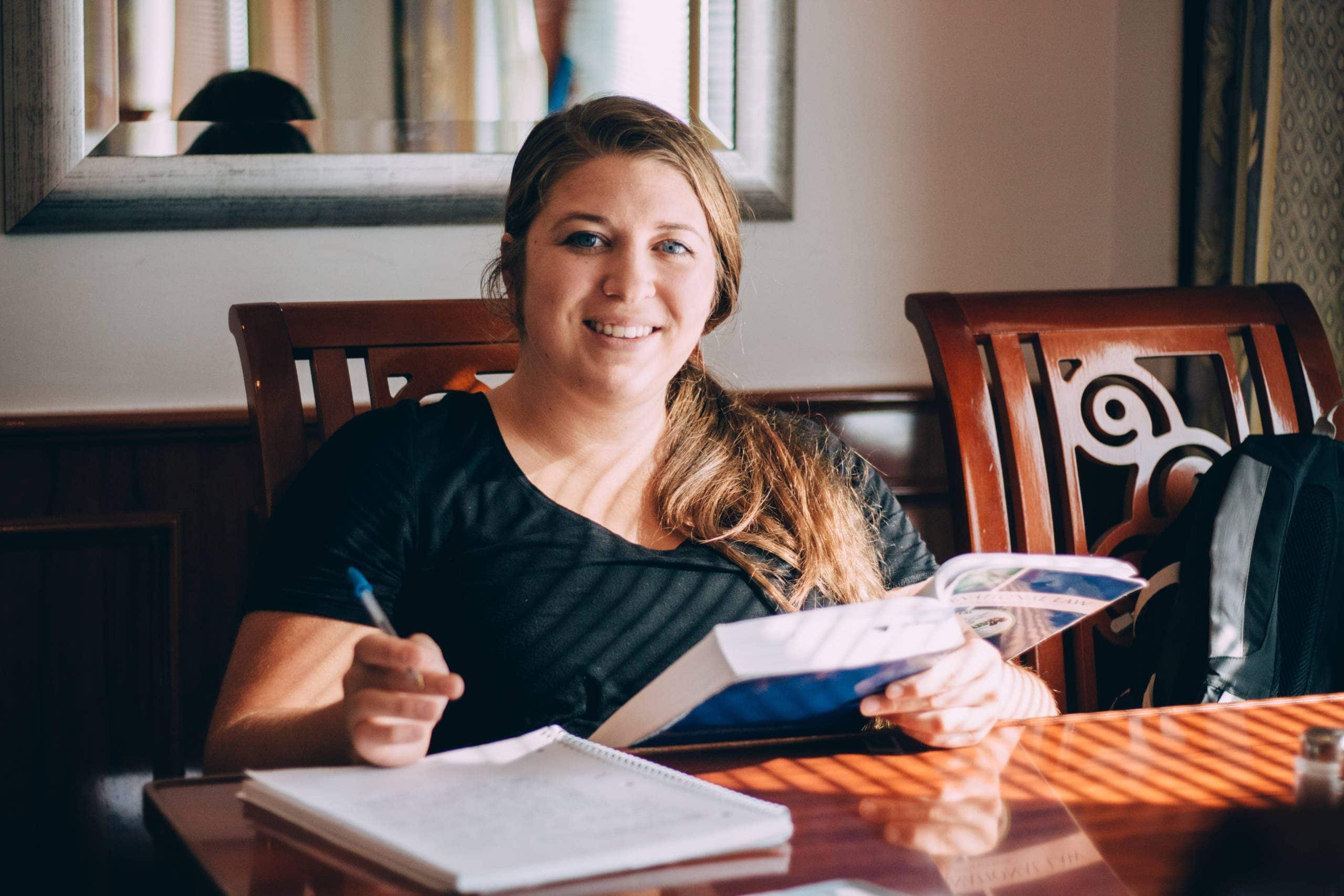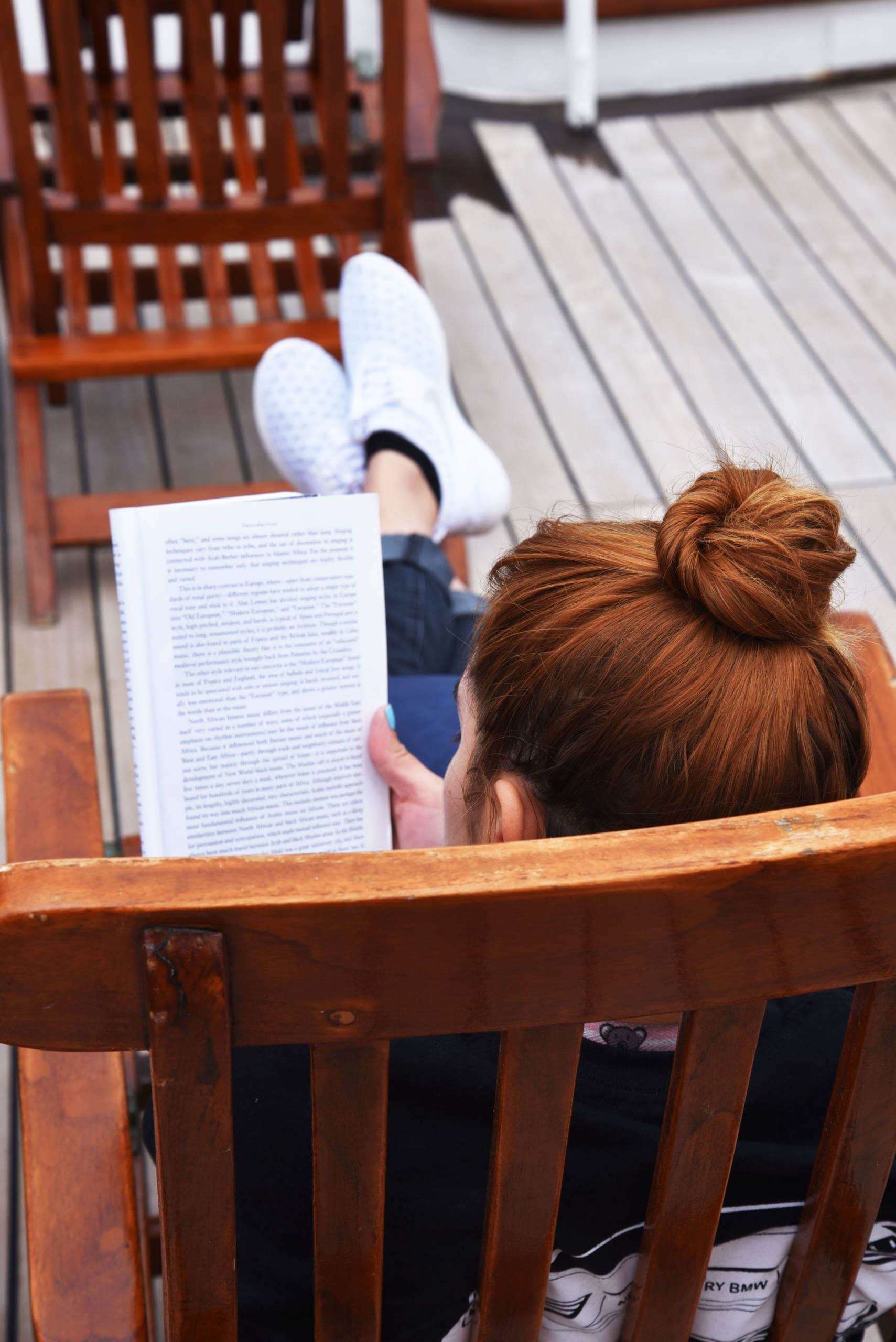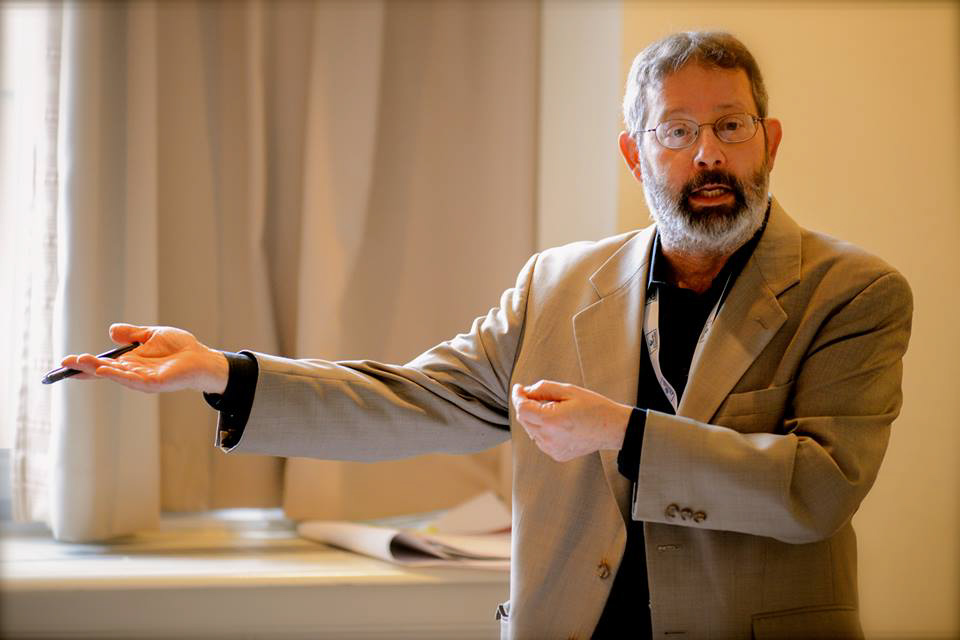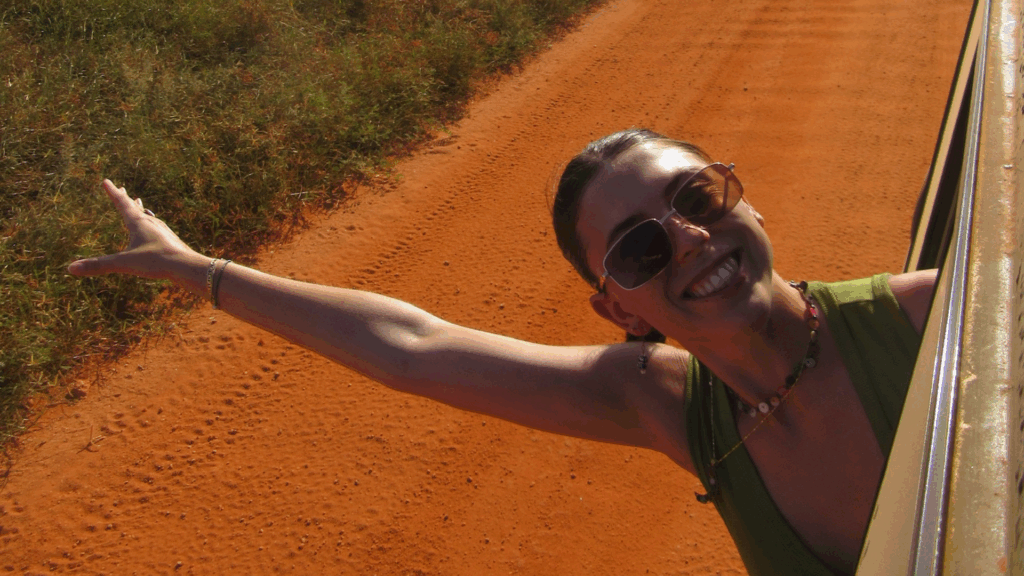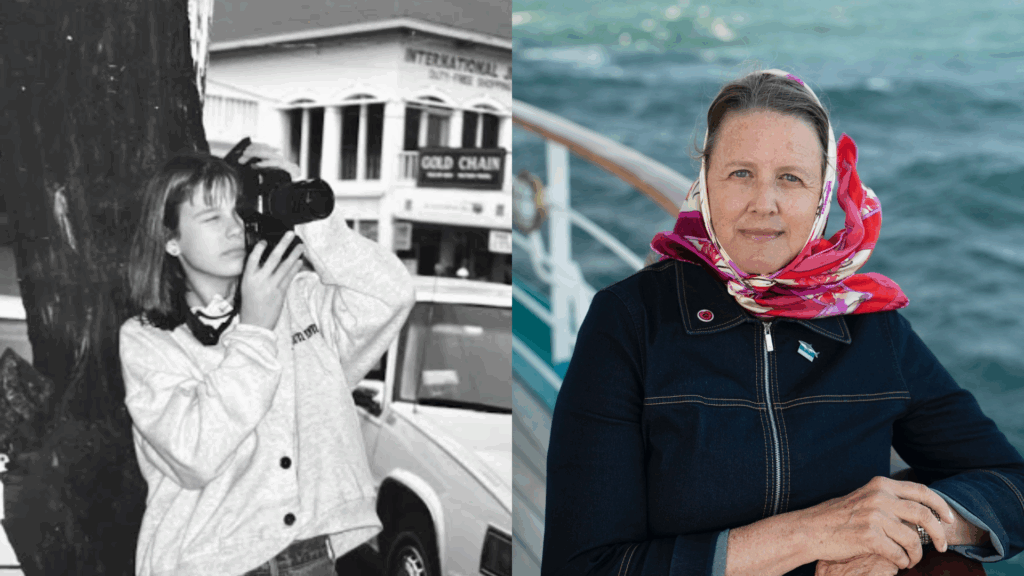Rick Steves is always writing and talking about how traveling can (and should) be a political act. I probably don’t have to affirm that stance to all of us in this voyage; we are already convinced that seeing and experiencing the world in purposeful and informed ways provides an impactful education, no matter how old or experienced we are. But growing in such consciousness is a continuous process. And that process can be deliberately enhanced by reading and reflecting on how and why we travel, where we leave our footprints (and we always leave traces of ourselves, even when we work super hard to tread lightly), where we come from, and where (geographically and otherwise) we want to go. With that in mind, I want to recommend several books that I find particularly helpful and pertinent as we ready for our voyage around the world.
General: Travel as a Political Act: How to Leave Your Baggage Behind by Rick Steves is an accessible collection of essays that exemplify how and why we should broaden our perspectives. He discusses attitudes and behaviors that probably all of us on this voyage already know: get out of our comfort zones; connect with people and aim to understand them and their cultures; enjoy what each location offers (rather than yearn for or negatively compare with what we have at home). Of his recommendations, the hardest two to achieve, I think, are accepting the legitimacy of other moralities and working to leave a location not with a bunch of trinkets as souvenirs, but with having expanded our viewpoints. Understanding and accepting that there are different moralities takes methodical learning, and sometimes that process is painful, and thus we avoid it. It’s also hard to give up our desire for mementos, partly because they remind us of the fun we had while we were “there.” But, as Steves says, the more valuable souvenir, the more lasting memory, is the kind that is internal, the kind that prompts us to be more insightful and empathic. Becoming fully conscious of those dynamics gives us greater control to change for the better.
Spain: The Ornament of the World: How Muslims, Jews, and Christians Created a Culture of Tolerance in Medieval Spain by Mar√≠a Rosa Menocal is mostly about al-Andalus (Toledo, Granada, Sevilla, Cordoba). I think it’s worth reading because what she posits, look, there was a time when the three Abrahamic religions actually co-existed successfully in a relatively small place, is timely and maybe even inspirational. Certainly, given the state of our world, it behooves us to think about a time and place when interdependence (and a measure of acceptance, Menocal would say) produced welcomed interconnectedness and enduring arts. Considering how and why Christians, Jews, and Muslims prospered with and despite each other can be instructive. There’s lots to argue about in this book, so it offers a terrific starting place for robust enlightening conversations.
Ghana: No Sweetness Here and Other Stories by Ama Ata Aidoo is generally powerful, but some of the stories take your breath away. And when you’re done reading the collection, you realize that you’ve learned a lot about what it means to be caught in a rapidly changing society. Aidoo makes it absolutely evident that in the dizzying postcolonial world she re-presents constructing a personal identity feels like being in a vortex of equally important but often competing binary factors such as tradition/progress, rural/urban, power/powerlessness, class, education, and politics. No Sweetness Here reads to me like a reduced and more personal version of Achebe’s Things Fall Apart, and thus it offers an opportunity to discuss the direct effects of geopolitics on individuals in Ghana, on the African continent and, really, in lots of other places we will visit.
India/Diaspora: Unaccustomed Earth by Jhumpa Lahiri is a lyrical meditation on the psychological and emotional price paid to become/be a global citizen. The collection of intertwining stories revolve around Nathaniel Hawthorne’s stance that people who “strike their roots into unaccustomed earth,” people who migrate, who travel, resettle and transplant themselves, they are chiseled into hardier and more engaged human beings. But the consequent price they are forced to pay is dear: a perpetual sense of dislocation, a relentless search for what is “home,” and for understanding the individual and collective places on this earth, and in the tiny spots, we claim as our cultures and our identities. That old adage first upheld by second-wave Feminists, the personal is political, becomes palpable in Unaccustomed Earth, and therefore it provides yet more opportunities for thinking about how traveling (for whatever reasons) changes us.
USA/Diaspora: The Book of Unknown Americans: A Novel by Cristina Henr√≠quez introduces us to a cast of mostly Central American travelers knocking on North America’s door. They leave their homes for various reasons, but most often because they are searching for what has pushed and pulled people to travel from the beginning of time: securing a safer better life. They don’t have the privilege to cross geopolitical boundaries at will and for mere pleasure, and when they do cross, the price paid is frequently death. To some of us, our voyage may feel like reprieve from having to see the current “war” being waged on brown and black travelers in the States, but reading this novel will remind us, and push us to discuss, that everywhere we go there are people leaving and coming and paying too high a price for simply wanting to live. Like the equally highly recommended recent documentary film, Human Flow by Ai Weiwei, which chronicles the current global refugee crisis, The Book of Unknown Americans cautions us against the dangers of becoming immune to the suffering of others, and it pushes us to think more profoundly about those forced travelers we meet everywhere.
Dr. Dulce Gray is an instructor in English at West Valley College in California and also directs West Valley College’s Study Abroad Program. As a faculty member on the Fall 2018 Voyage, Dr. Gray will be teaching Reading without Borders, Modern Women Writers.
